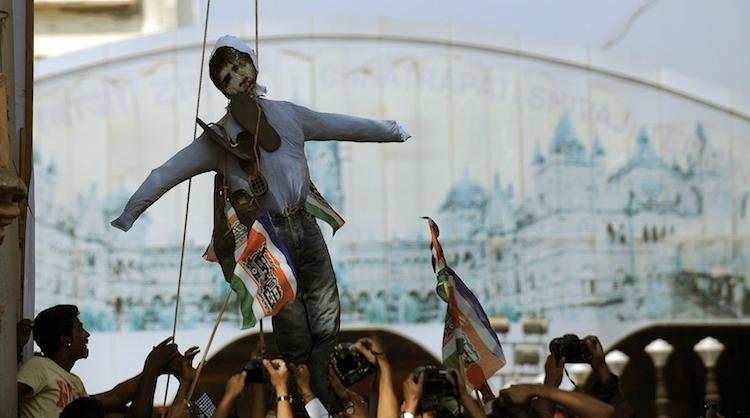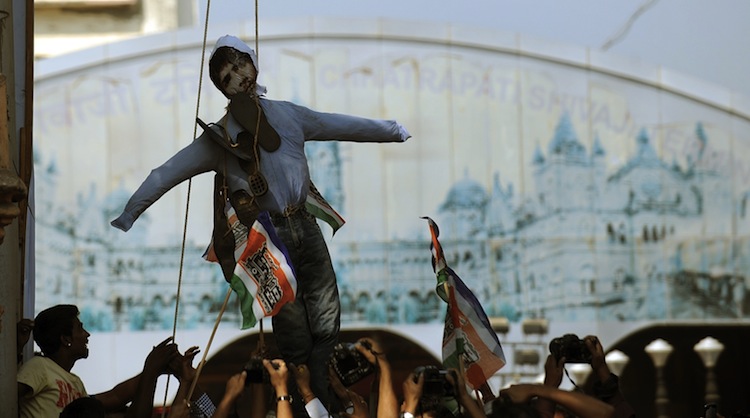PUDUCHERRY, India—India executed Mohammed Ajmal Kasab Wednesday, the only terrorist that survived the Nov. 26, 2008, attacks on Mumbai. A sense of closure and relief prevailed around the country. Foreboding, however, tempered the celebrations.
Fear arose of retribution from terrorist organizations.
Dr. Kodur Venkatesh, former deputy superintendent of Central Reserve Police Force of India and president of the Institute on Strategic Affairs, Bangalore, believes that Kasab’s death has both positive and negative implications in the South Asia region.
“It will have a stern deterrence to all kinds of groups resorting to violence within the Indian borders and outside, too,” Venkatesh said. “On the other hand, it will have retaliatory reactions too from various quarters.”







